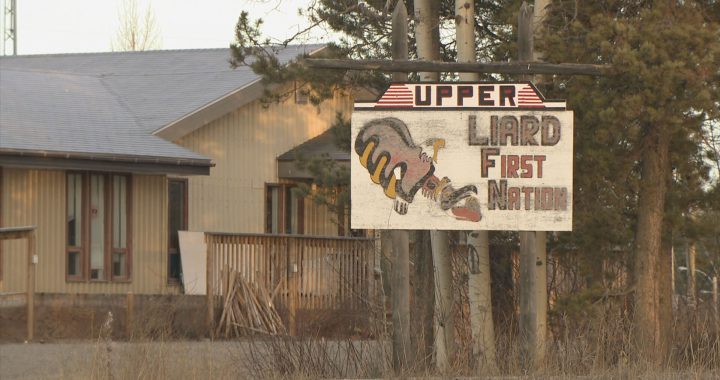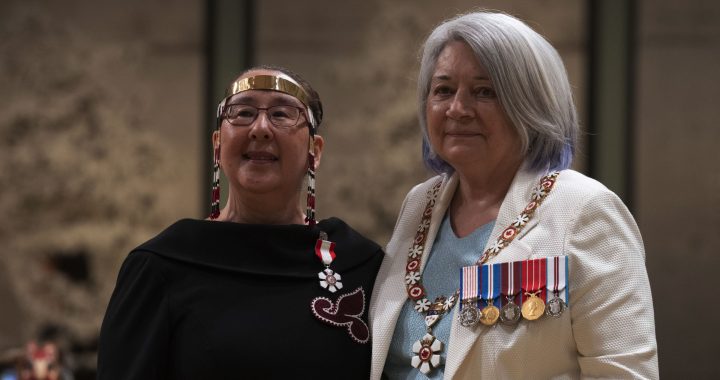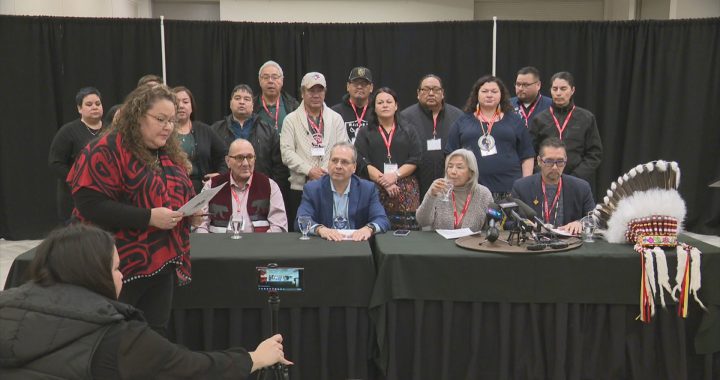
A new report released today slams the way police respond to gendered violence against women in Inuit Nunangat, the four northern regions that compose the traditional Inuit homeland, and calls for a “fundamental shift” in the way this policing is carried out.
“Racialized policing persists in Inuit women’s encounters with the justice system and it goes well beyond a few individual officers holding stereotypes about Inuit,” said Rebecca Kudloo, president of Pauktuutit Inuit Women of Canada which led the study.
“Police can respond more effectively to gendered violence by adopting a ‘decolonizing framework’ that helps officers move from being an outside force to becoming more integrated with northern communities they serve,” she said.
The report, Addressing Gendered Violence against Inuit Women, reveals that institutional policies and practices bring about discriminatory policing, and calls for a new decolonized police approach that accounts for holistic Inuit ways of knowing.
“Decolonization means reversing the colonial strategy of assimilation,” said Elizabeth Comack, a University of Manitoba social scientist who partnered with Pauktuutit to conduct the study.
“Rather than expecting Inuit to accept or comply with the colonial order, it is police and other social service agencies that need to assimilate into Inuit ways.”
The report’s 15 recommended changes include cultural competency and trauma training for police, hiring more female officers, and creation of Inuk elder and community leader advisory communities.
Watch more from APTN’s Kent Driscoll
Pauktuutit is a national non-profit organization based in Ottawa that represents Inuit women across Canada.
“In addition to multi-generational fallout from the residential school system,” Pauktuutit said today in a release, “the study revealed a pattern of common contributing factors, from the perception that officers live separate from the community and have little cross-cultural training to slow emergency responses, disjointed dispatch systems and women being disbelieved when reporting abuse or even removed from their home instead of their abuser.”
The report examines the successes and challenges of responding to gendered violence against Inuit women.
The authors interviewed 45 Inuit women and 40 service providers in the four regions.











It is a very sad situation with regards to the police take care of women issues.